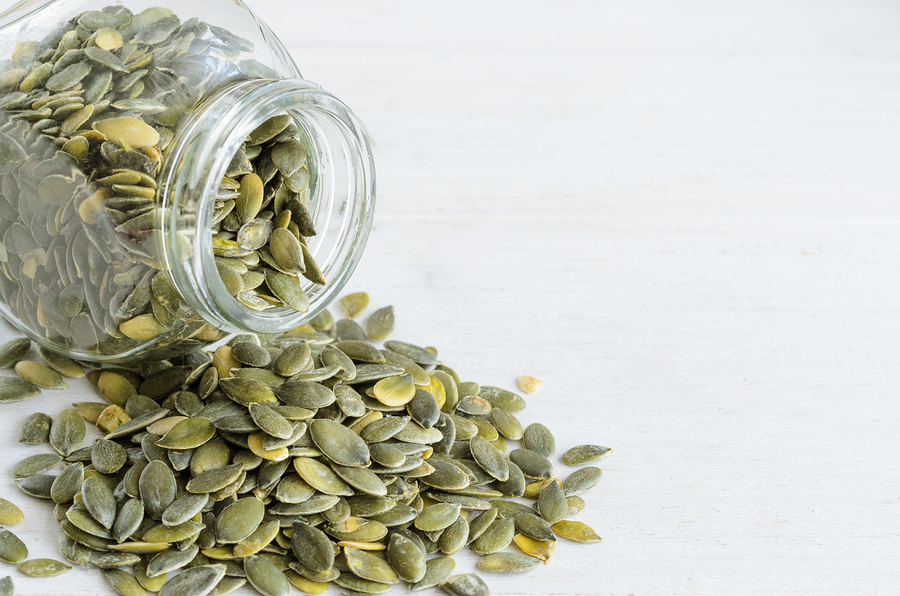
Niacin is a water-soluble B vitamin also known as vitamin B3. This means that niacin is not stored in the body. You need to eat foods rich in niacin every day.
Niacin helps your body use fat, protein and carbohydrates from foods to make energy.
Niacin helps over 200 enzymes (natural chemicals in the body) to function normally in your body by helping your body use other B vitamins, and make DNA.
Our bodies need niacin
The table below will show you how much you need:
|
|
|
Niacin recommended intake (NE/day) |
|
Don’t exceed |
|
|
Man, 19 years or older |
|
16 |
|
35 |
|
|
Woman, 19 years or older |
|
14 |
|
35 |
|
|
Pregnant, 19 years or older |
|
18 |
|
35 |
|
|
Lactating woman, 19 years or older , 19 years or older |
|
18 |
|
35 |
|
Which foods have niacin?
This table will show you foods that are a source of niacin. Meats and alternatives are the richest sources followed by fortified enriched grains.
|
Food |
|
Serving Size |
|
Niacin (NE) |
|
|
Meat, poultry, fish |
|
|
Liver (beef, pork, chicken, turkey), cooked |
|
75g (2 ½ oz) |
|
10-17 |
|
|
Chicken, various cuts, cooked |
|
75g (2 ½ oz) |
|
8-15 |
|
|
Pork, beef or lamb, various cuts, cooked |
|
75g (2 ½ oz) |
|
6-14 |
|
|
Turkey, various cuts, cooked |
|
75g (2 ½ oz) |
|
6-9 |
|
|
Back bacon, cooked |
|
75g (2 ½ oz) |
|
8 |
|
|
Anchovies, canned |
|
75g (2 ½ oz) |
|
19 |
|
|
Tuna, cooked or canned |
|
75g (2 ½ oz) |
|
10-20 |
|
|
Salmon, cooked or canned |
|
75g (2 ½ oz) |
|
11-17 |
|
|
Mackerel, cooked |
|
75g (2 ½ oz) |
|
7-12 |
|
|
Rainbow trout, cooked |
|
75g (2 ½ oz) |
|
8-10 |
|
|
Sardines, canned in oil |
|
75g (2 ½ oz) |
|
7 |
|
|
Soy, nuts, seeds and legumes |
|
|
Soy burger/vegetarian meatloaf or patty, cooked |
|
75g (2 ½ oz) |
|
10 |
|
|
Pumpkin, squash seeds, without shell |
|
60 mL (1/4 cup) |
|
8 |
|
|
Tempeh/fermented soy product, cooked |
|
150 g (3/4 cup) |
|
8 |
|
|
Peanuts, without shell |
|
60 mL (1/4 cup) |
|
7 |
|
|
Tofu, cooked |
|
150 g (¾ cup) |
|
3-4 |
|
|
Beans (adzuki, navy, cranberry, great northern, kidney), cooked |
|
175 mL (3/4 cup) |
|
3 |
|
|
Egg, cooked |
|
2 large |
|
10 |
|
|
Milk and Alternatives |
|
|
Cottage cheese |
|
250mL (1 cup) |
|
5-6 |
|
|
Cheese (cheddar, gruyere, Swiss, blue, gouda, mozzarella, edam, provolone, brie) |
|
50g (1 ½ oz) |
|
3-4 |
|
|
Processed cheese, slices (cheddar, swiss) |
|
50g (1 ½ oz) |
|
2-3 |
|
|
Whole milk |
|
250mL (1 cup) |
|
3 |
|
|
Fortified soy beverage |
|
250mL (1 cup) |
|
3 |
|
|
Grain Products |
|
|
Cereal (100% Bran, All Bran, bran flakes) |
|
30 g (check product label for serving size) |
|
3-6 |
|
|
Oatmeal, instant, cooked |
|
175 mL (¾ cup) |
|
3-5 |
|
|
Pasta, enriched, cooked |
|
125 mL (1/2 cup) |
|
2-3 |
|
|
Bread, whole wheat |
|
1 slice (35 g) |
|
2 |
|
You may also be interested in:
What You Need to Know About Vitamin A
What You Need to Know About Vitamin E
What You Need to Know About Vitamin B12
Last Update – October 17, 2018